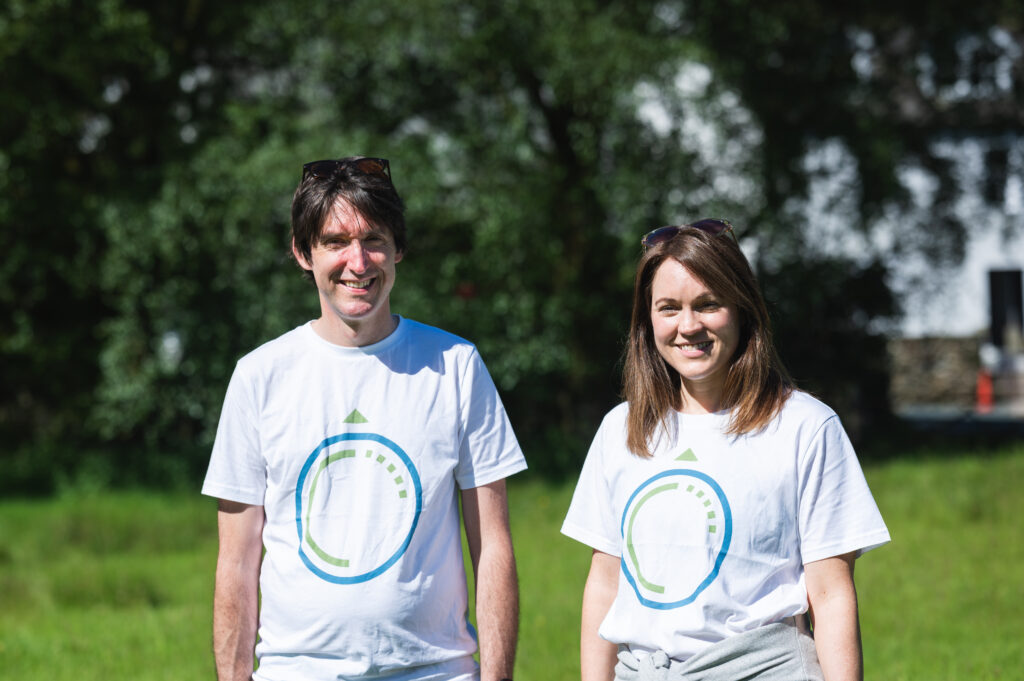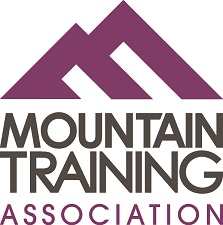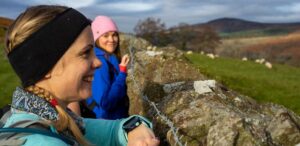John Tierney , February 2024
Love a good waterfall, me. This one was near Grasmere in the Lake District this January.
There’s an instant mindfulness opportunity staring into and absorbing the sound of a good waterfall. It’s hard to think of anything else! Most people I talk to at waterfalls get a similar experience. It’s presence, it’s clarity, almost an inner calm and peace if you let it develop….
For me this is the power of mindfulness, being truly present, able to focus, not distracted by noise, movement, emotion or whatever it is that’s dragging you away from what’s going on right now and into your thought patterns.
And then acting with intent from this place of calm…. To get that to do list done, be awesome at that thing, or simply know when you need to take a ten minute break.
Emma Stubbings and I love to incorporate mindfulness exercises into the walking workshops we deliver with Connect Outside when it suits a client. We find it can help bring a sense of calm to a group, reduce mental chatter, and open up space for more connected conversations. For those who haven’t practiced it before it can provide an interesting insight into a tool for gaining mental and emotional clarity. However lets be clear; we’re firmly on the side of better outcomes come from less stressful situations not more resilience (or a mindfulness app).
But lets wind back, what even is mindfulness?
I asked www.mindful.org for a definition: Mindfulness is the basic human ability to be fully present, aware of where we are and what we’re doing, and not overly reactive or overwhelmed by what’s going on around us. We’ve all experienced it, many times a day. We’ve also all experienced a lack of it. As 6 year olds we probably had it on tap. As Adults, it can at time be illusive.
Put another way, it’s a lack of any distractions, an ability to focus on what is being said, or what we are doing mentally and physically. How we are feeling emotionally, and the impact we are having on others or the world around us.
Mindfulness is a very simple concept. But amidst the turmoil of a working day…how do we get back to it?
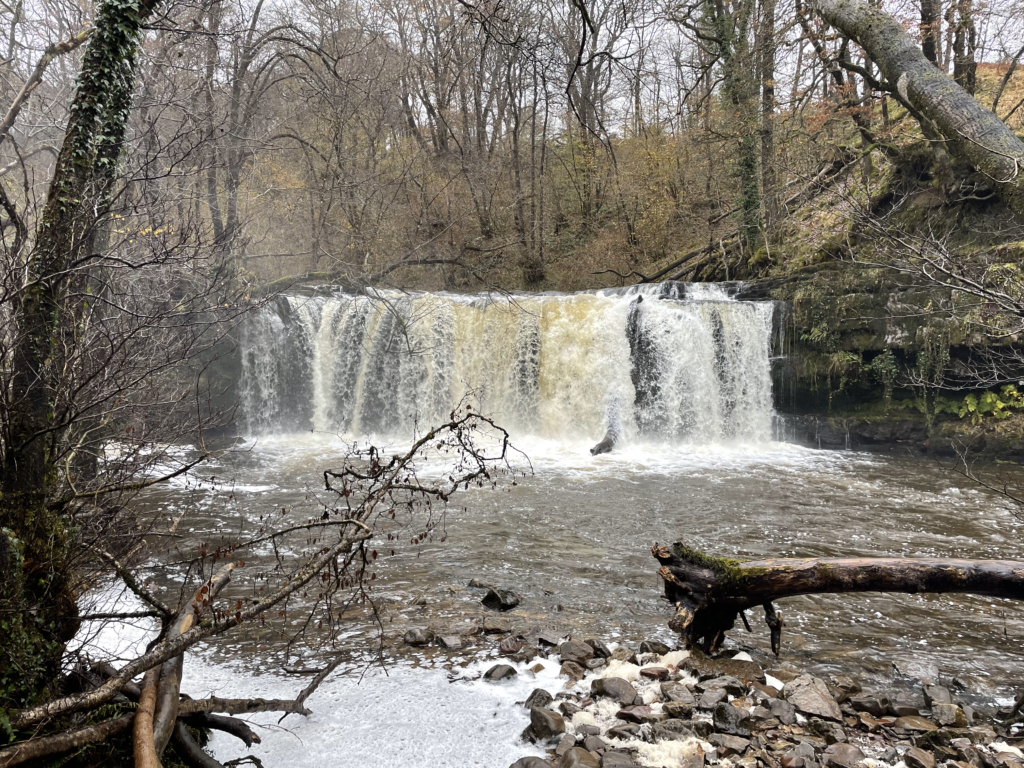
Where does it come from?
Rooted in Buddhist and Hindu traditions of meditation, mindfulness as a modern, Western practice is founded on Zen and modern Vipassanā.
Brought to popularity by Jon Kabat-Zinn who founded the Mindfulness-Based Stress Reduction. and Zen Buddhist teacher Thích Nhất Hạnh (known as the father of modern mindfulness).
Lots of words, and religious ones too. Don’t let this put you off! What we’re saying here is this stuff has thousands of years of human proof that it has benefits.
What use does mindfulness have in the workplace? (and when is it useless?)
I love this HBR article it;s balanced and suggests benefits for reducing stress, especially in emotionally charged social situation (I think they mean big friction and conflict in meetings) . It also shows evidence that the wrong kind of mindfulness can actually cause a reduction in accountability and decision making.
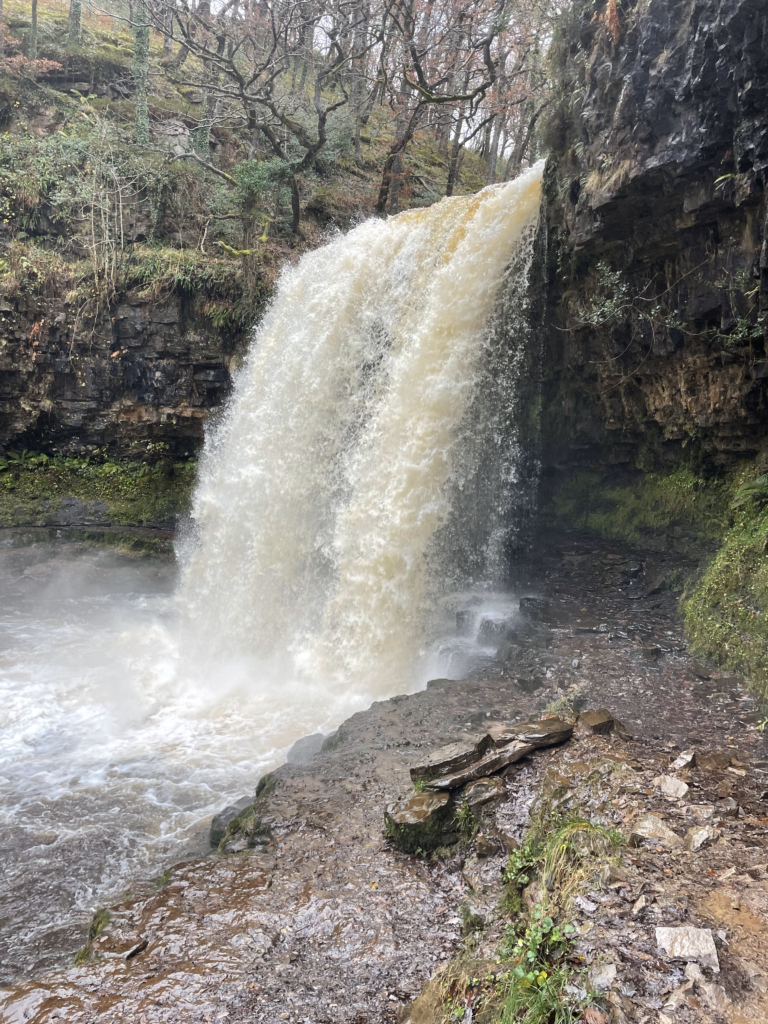
What is my experience of it?
But enough general statement, lets be mindful of my own experience of mindfulness here and perhaps by telling that story there’ll be something you can relate to.
I’m a thinker, at times an over thinker. And whilst this helped me with my former career as a business analyst and project manager to make sure all aspects were covered, I could get very engrossed in the detail. I could find ways to cause myself stress just by thinking too much about potential problems.
My introduction to mindfulness came through a ketchup sachet. A friend a on the desk next to me used to have another habit similar to me, her thing was at times to get into tense conversations on the phone, emotion getting the better of her ability to get the outcomes we wanted. We can’t remember who started it, but when either of us got caught up in a heated phone call the other would give it a minute to see if it subsided. If it didn’t the ketchup sachet would be passed or even thrown as a simple route back to the present moment and the intention we both had to be calm and mindful. It worked too. In time the sight of the sachet on my desk when my friend wasn’t there would be enough. And with practice I found myself getting into this particular pickle less and less. Mindfulness is a skill can can be developed over time.
We all know that feeling of getting a bit tense, probably knowing we should take a break, but with lots to get done, we don’t allow ourselves the 5 minute breather and we push on, our work influenced by that tension. A simple 2 minute mindful walk to nowhere, being slow and aware of my footsteps was often enough to reset myself and re-find calm and mental clarity. Walking between meetings became a quiet, reset for me and I’d arrive at the next one fresh and open minded, unhindered by overthink from the previous meeting. This led onto booking 25 and 50 minute meetings as standard. And now im mainly on video calls this carries on, with a 5 minute mindful laundry or dish wash between calls to reset.
Notifications? No thanks. I took things further and asked my email, messenger and anything esle that seemed to want my attention on my laptop and phone and turned the notifications off. It meant I could concentrate on the thing I’m doing (this blog has been written in one take unhindered by pop ups about car insurance, meetings, or life admin). At first i felt like not being immediately available to my colleagues would be a bad thing. But I learnt that checking in on my emails and IMs at set times of the day, meant I actually gave their messages focus. And better still, I could often see that things had resolved by others without my input! When I put my phone in the same mode (and bought the brick phone for whole days of more focus) things got even better.
It’s no magic cure, but I have found through regular meditation and yoga practice that the ability to catch myself and become present is much easier to reach. And that, in a busy life with lots of demands from young kids, work and the wider world is something that I can’t but a value to.
